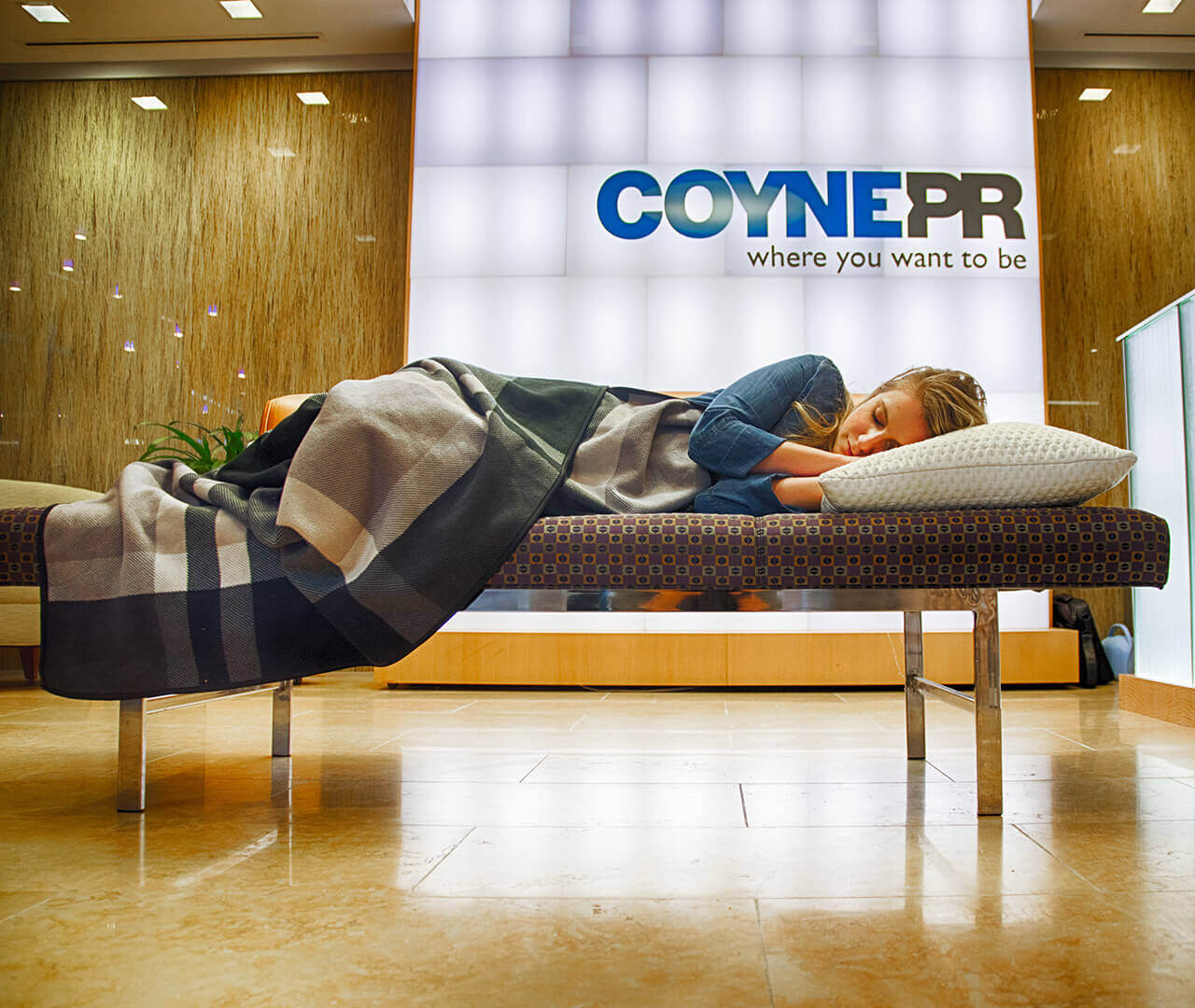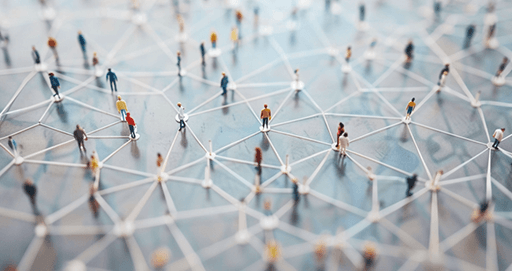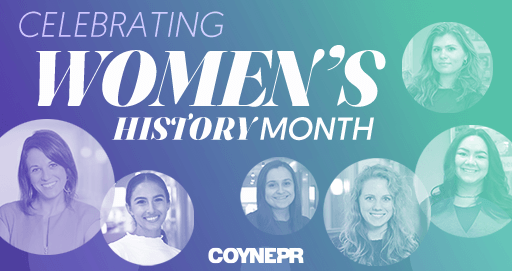You’ve invited the perfect mix of people, brought plenty of stimuli to enhance creative thinking and provided enough oversized Post-Its® and markers to capture a multitude of ideas, and what do you get? Crickets. Blank stares. Another idea for a scavenger hunt.
If you work in the industry of creativity, whether you work in PR like we do or you’re an author, you know as well as anyone else that coming up with the next big idea is never an easy feat. Sometimes, ideas spark easily, and you have too many to choose from (lucky you!); other times, you’re faced with a lull, no matter how many brainstorms you’ve hosted. Suddenly, finding the next big idea becomes the next problem to solve.
We’ve all slept on big decisions and controversial issues and found that everything had sorted itself out by morning, so why not treat your next creative rut the same way? Some of the most brilliant minds—Paul McCartney, Albert Einstein and more—have formulated groundbreaking ideas after a night of resting their brains. Here’s why you should sleep on your next creative endeavor.
1. No pressure
It can be intimidating to come up with ideas in a room full of people, especially if everyone is equally as stuck as you are. Your dreams allow you to think and explore more freely on your own without the pressure of a timeframe.
Harvard University psychologist and author of “The Committee of Sleep,” Deirdre Barrett, has studied problem-solving during sleep for years and found that sleeping is not a lifeless activity. “Dreams are just thinking in a different biochemical state,” says Barrett. “In the sleep state, the brain thinks much more visually and intuitively.”
2. Your brain is a machine
Just like your computer needs to be plugged in to rejuvenate after a day of working for you, your brain needs to unplug and reboot itself in order to process and store its learnings. This is achieved when you shut it down during sleep.
“Conscious awareness is able to focus on only one thing at a time, but problems go on getting processed under the radar” says Barrett. It’s no coincidence when you finally have that “aha moment” – whether it’s as big as a campaign or as small as finally remembering the name of a song you’ve been wanting to recommend to a friend.
3. No limits
When you dream, anything goes! Our brain at rest can be the biggest ally in creative problem-solving, counterbalancing the restrictions of the “brainstorm” brain. There are no guardrails, constraints, self-editing, distractions or anyone telling you “that’s a bad idea.”
When you’re awake, your brain screens out any distracting concepts to keep you focused on one conscious task at a time. When you sleep, this brake on your imagination comes off completely, allowing you to dream up the craziest of ideas that can leave even you puzzled in the morning. In 1816, Mary Shelley dreamed about a man who looked like he came straight from the grave. Her novel, “Frankenstein,” remains a classic today.
4. Brain fog no more!
To put it frankly, sometimes it’s just hard to come up with ideas, especially when it’s your job to constantly do it. Instead of cramming hours on end trying to find the next big thing, put a pause on the problem until the next day after getting a good night’s sleep. Not only can logging eight hours a night help keep your spirits lifted and energy levels high during the day, getting a good night’s sleep helps enhance your memory and provides you with much needed mental clarity. Approaching a problem with a relaxed state of mind can help you tackle it even faster.
Paul McCartney famously said that he came up with the melody for “Yesterday” in a dream. Even Albert Einstein’s famous scientific theory for the principle of relativity was born after he woke and meditated on what he saw in a vivid dream. Maybe your boss will even let you take naps under your desk like Thomas Edison did if you promise to use his trick for entering the hypnogogic state, the transitional step between wakefulness and snoozing. All you need to do is to hold one steel ball in each hand to help wake you up before you reach true sleep. Whichever way you choose to get your zzz’s, make sure to keep a pen and notepad close by to record your craziest ideas!
Who’s to say your next big idea isn’t a sleep away?




